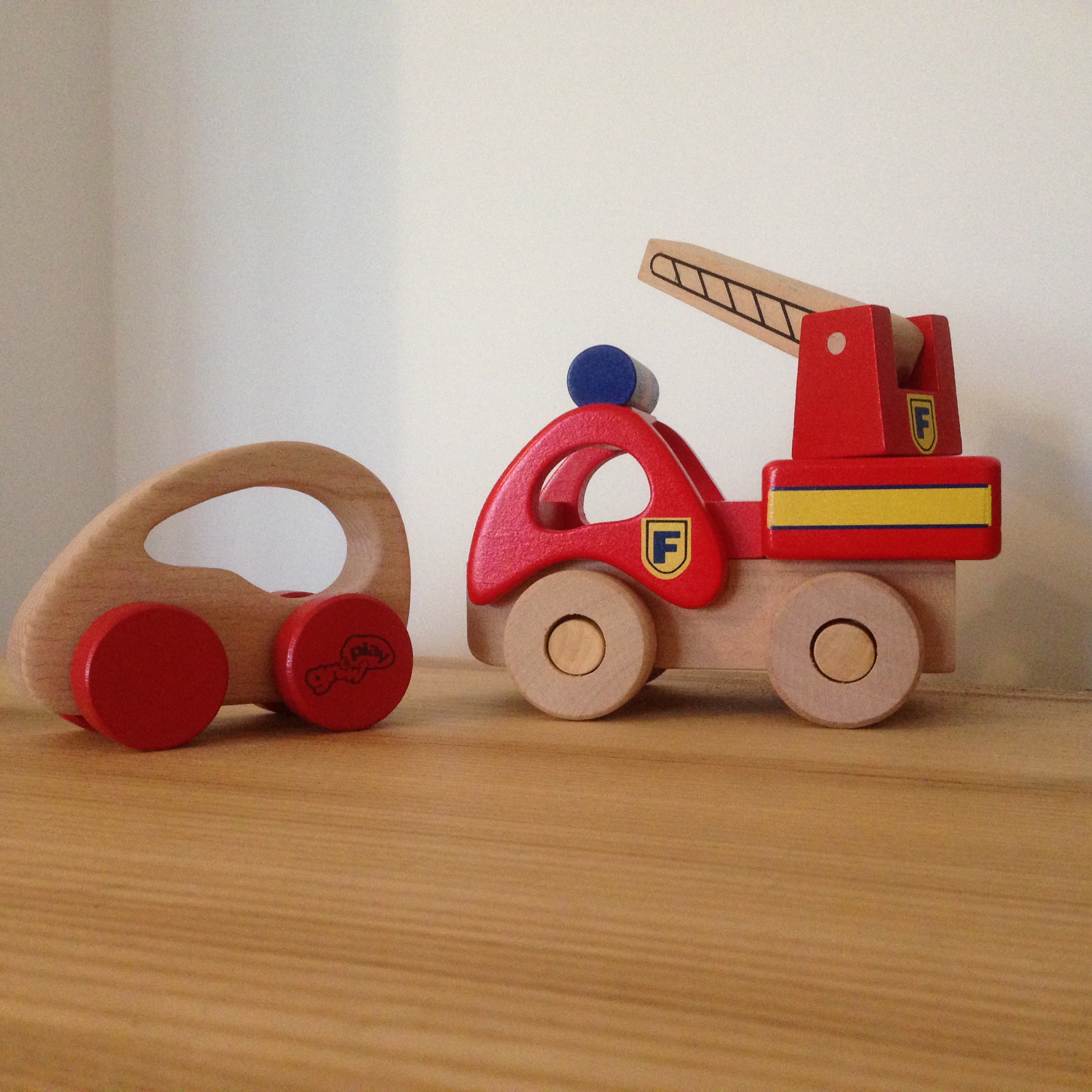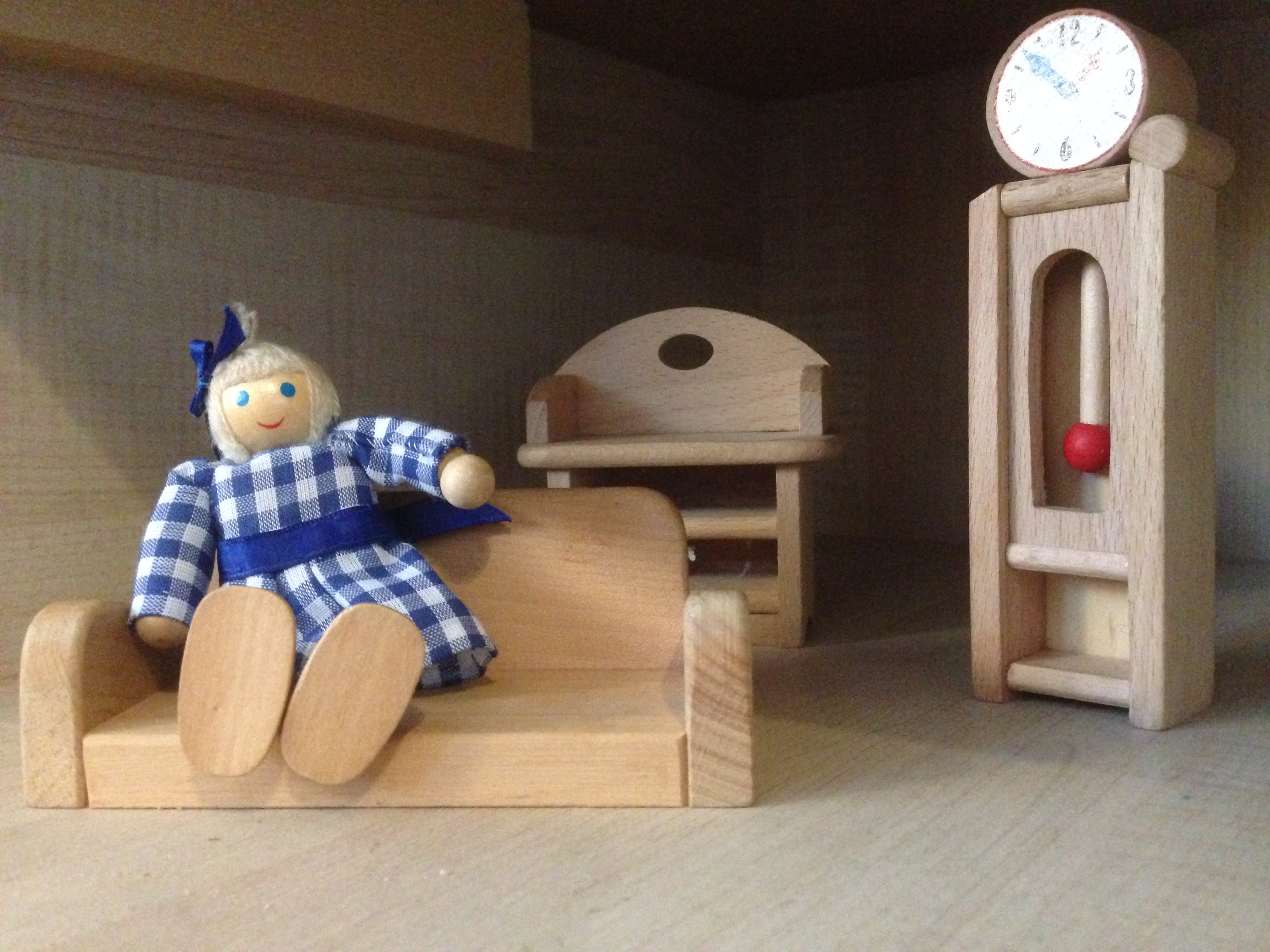 Child and adolescent psychotherapy is a way of exploring in depth a young person’s conscious and unconscious thoughts and feelings. Rather than simply tackling the apparent surface “symptom” it uses the relationship in the room between young person and therapist to understand what might be underlying the difficulties, and also to explore other areas which might be causing problems. A child or young person does not need to be able to articulate “what the problem is” in order to access this therapy; children and young people are encouraged to talk (or for younger children play / draw) about whatever comes into their minds, and it is the therapist’s job to identify patterns and make sense of this communication. The relationship with the therapist is crucial as often patterns from other parts of a young person’s life get repeated in the relationship with the therapist, where they can be thought about.
Child and adolescent psychotherapy is a way of exploring in depth a young person’s conscious and unconscious thoughts and feelings. Rather than simply tackling the apparent surface “symptom” it uses the relationship in the room between young person and therapist to understand what might be underlying the difficulties, and also to explore other areas which might be causing problems. A child or young person does not need to be able to articulate “what the problem is” in order to access this therapy; children and young people are encouraged to talk (or for younger children play / draw) about whatever comes into their minds, and it is the therapist’s job to identify patterns and make sense of this communication. The relationship with the therapist is crucial as often patterns from other parts of a young person’s life get repeated in the relationship with the therapist, where they can be thought about.
Because psychotherapy works at such a deep level, often with what is not fully conscious, it is often helpful when other therapies have not been helpful. This is because someone coming for therapy might not be fully aware of why it is that they feel or behave a certain way. It is often appropriate for particularly long-standing or complex difficulties, maybe where a young person has a range of interrelated “symptoms”. It is also often the treatment of choice for very young children and young people who would struggle to engage in other ways of working.
Psychotherapy is helpful for a wide range of difficulties which include (but are not limited to):
- depression
- anxiety
- social difficulties / withdrawn

- phobias
- high levels of anger / aggression
- behavioural difficulties
- elective mutism
- issues to do with eating
- relationships with parents
- gender identity issues
- explorations around sexuality
- self-harm / suicidal thoughts
- difficulties sleeping
- anxiety about starting school / attending school
- stress to do with academic pressure
- children & young people who are looked after
- children & young people who have undergone trauma
Training as a child psychotherapist & gaining registration with the Association of Child Psychotherapists (ACP) takes a minimum of six to seven years, and requires extensive prior experience of working with children and young people. All child psychotherapists undertake their own psychotherapy four times a week for a minimum of five years while training. There are five specialist training organisations in the UK, including the Tavistock (London). There are two components to the training . Firstly the “pre-clinical”, which takes a minimum of two to three years. This includes theoretical foundations, weekly observation of a baby and toddler (and examination of their development in seminars), “work discussion” where trainees’ work with children and young people is examined from a psychoanalytic perspective and child development. The second part of the training is a minimum of four years full time and includes intensive supervision of trainees’ work as a child psychotherapist by senior psychotherapists who are experts in this field, work with young people age 0-25 with a very wide range of difficulties, parent work, brief and long-term interventions and intensive psychotherapy (three times a week or more) with children and young people of different ages. Post qualification the ACP ensures that all therapists continue to have regular supervision and undertake continued professional development.
If a child or teenager has their own individual therapy, it is usual also for parents to be offered therapeutic parent support. This is most usually with a different therapist to the child’s therapist in order to keep the child’s therapy separate, but can be with the same therapist especially for younger children or where this feels more helpful.
Therapeutic parent support is a space for you to explore all aspects of your role as a parent and what might be going on for your child. Parent support can be a chance to:
1) Offload feelings: Being a parent can be exhausting. It can be helpful to be heard and be able to talk about some of the challenges of being a parent.
2) Explore how things are going as a parent: The therapist helps you talk through parenting situations that have been tricky, in order to explore what might have been going on both for the child and for yourself. The therapist will help look at meanings for behaviour that might not be obvious on the surface, they can help you look at patterns that you and your child might get stuck in and help you think “outside the box” about why your child might think or act the way that they do.
3) Consider all aspects of your child’s life: You can talk about the many things that might be affecting your child, such as how they are getting on at school, peer relationships, a new sibling arriving or any event that might be worrying a child or feel confusing, upsetting or stressful.
4) Explore your child’s thoughts & feelings: The therapist will help you think in depth about your child’s “internal world”, i.e. the world of their thoughts and feelings. Often actions and behaviour that seem like they make no sense can come to be understood, and this in turn can lead to the possibility of change.
5) Find help: The therapist may signpost you to additional sources of support or information, for yourself or for your child.
6) Try new approaches: Often parents and carers will have some “go to” strategies that they apply if their child’s behaviour is challenging or concerning, but what do you do when these strategies don’t seem to be helping? By understanding as much as possible about your child, the family and the wider situation, the therapist can help you explore different approaches that might lead to change in some “stuck” patterns.
7) Consider what kind of a parent you want to be: The therapist might ask you about your own experiences of your parents when you were growing up to help understand your approaches to bringing up your own child. Possible differences in parenting approaches between parents, carers or step parents can be explored, including when parents do not live together but want to work together on how best to understand and support a child. The therapist isn’t there to tell you how to parent, but they can help you reflect on how your child responds to particular approaches and whether or not you are being consistent in your parenting decisions.
8) Examine wider issues: Often children are affected by issues in the family that are not directly about them. These might include the impact of past trauma on the parents or even grandparents, as well as current day to day stresses and changes, such as potential house moves, wider family issues or changes in the parents’ job situation. Children pick up on subtle cues about the world around them, so understanding the wider picture is important.
9) Understand more about your child’s therapy: It’s important for you as parents or carers to understand the process of your child’s therapy. As your child opens up new thoughts and feelings in their therapy this is likely to impact on how they are outside of therapy Sometimes a session might be particularly challenging and you will need to know how best to support them, the questions that might be helpful to ask them and those that might be less helpful. Therapy is your child’s confidential space, but the more you understand about the process the better you can support them as they undertake this journey.